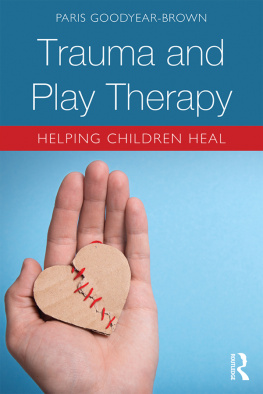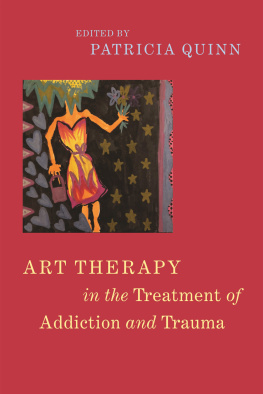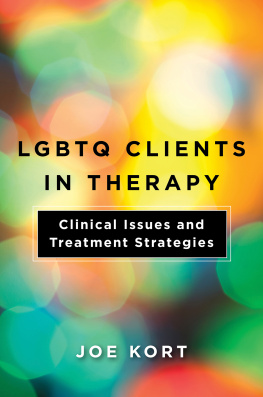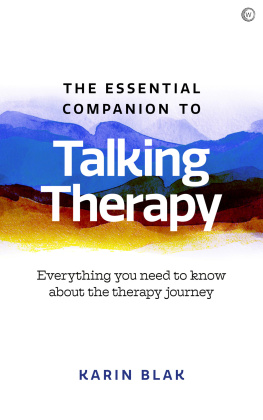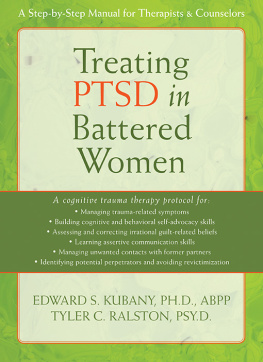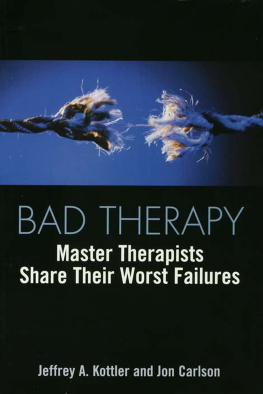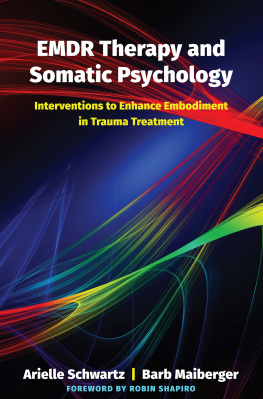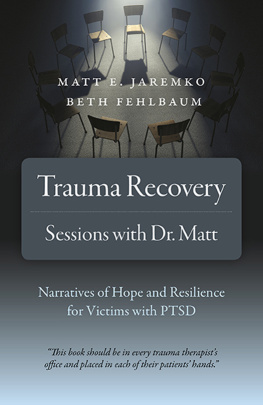Copyright 2013 Katharine Mair
The moral right of the author has been asserted.
Apart from any fair dealing for the purposes of research or private study, or criticism or review, as permitted under the Copyright, Designs and Patents Act 1988, this publication may only be reproduced, stored or transmitted, in any form or by any means, with the prior permission in writing of the publishers, or in the case of reprographic reproduction in accordance with the terms of licences issued by the Copyright Licensing Agency. Enquiries concerning reproduction outside those terms should be sent to the publishers.
Matador
9 Priory Business Park
Kibworth Beauchamp
Leicestershire LE8 0RX, UK
Tel: (+44) 116 279 2299
Fax: (+44) 116 279 2277
Email:
Web: www.troubador.co.uk/matador
ISBN 9781783068951
British Library Cataloguing in Publication Data.
A catalogue record for this book is available from the British Library.

Matador is an imprint of Troubador Publishing Ltd
Throughout the years spent researching and writing this book I have been sustained and encouraged by my husband, John Rawles. It was he who first insisted that I should come out of retirement and make public my longstanding concerns about false memories. Since then it has been due to his continuing support, wise advice and practical assistance, not to mention his IT expertise, that I have been able to complete this undertaking. I have also been helped in a variety of ways by some generous friends. From among them I would like to give special thanks to Madeline Greenhalg, James Ost, Kevan Rudling and Julie Wyness.
In addition I am grateful to the many people who have been prepared to talk to me about their varying experiences and opinions concerning recovered memory therapy and dissociative disorders. I am sorry if some of them are distressed by the contents of this book. I am aware that my conviction that certain theories are both unfounded and damaging has caused me to contradict many dedicated and well-meaning people.
This is an important book that deserves to be widely read, not just by those with a professional interest in matters of psychological health but also by members of the general public. Within this volume, Katharine Mair reveals the truth about the damage that misguided therapy can often inflict, both directly upon clients but also more widely. For it is not just the clients of such therapists that can find their lives shattered, as they come to believe that they were victims of horrendous childhood abuse. Inevitably, the lives of the alleged perpetrators are also damaged, often irreparably and the real tragedy is, of course, that the apparent memories of abuse that have been recovered during such therapy are in all probability false memories, produced by the therapeutic techniques themselves, rather than being a record of events which ever actually took place.
Fortunately, there are many forms of therapy available that do not result in the tragic outcomes detailed in this book. Many of them, such as cognitive behavioural therapy, have been shown to be effective in treating a range of psychological problems, from phobias to depression. The type of psychotherapy that potentially causes more harm than good is of a specific type. It is based, first and foremost, upon the Freudian notion of repression. Freud believed, in his early work at least, that if a person experienced events of a severely traumatic nature, an automatic psychological defence mechanism kicked in that pushed the memory of those events deep into the unconscious mind. Repression was believed to be completely beyond conscious control. While the memory was repressed in this way, it could not be retrieved into consciousness by any effort of will. However, Freud claimed that it could be retrieved by the skilful application of psychoanalysis. This is the belief that underlies the memory recovery work that is still used by some psychotherapists to this day.
These psychotherapists believe that memories of childhood sexual abuse are particularly likely to be repressed. Even though they are repressed, it is claimed that such memories can still exert a toxic effect upon the victims psychological health in later years, causing a wide range of psychological problems. It is further believed that the only way to resolve these psychological problems is by recovering the horrific memories that lie deep within the unconscious mind, bringing them into the full glare of conscious attention and then working through them. As one might imagine, this is a stressful process for all concerned, but those suffering from psychological problems will often accept the counsel of their therapists and put themselves through this severe emotional (and often financial) hardship in the hope of getting better. As Katharine Mair makes clear in these pages, the assumptions which underlie this approach are not supported by any solid empirical evidence. Furthermore, there is little evidence that the clients themselves benefit psychologically from putting themselves through this gruelling process.
The notion of repression is widely accepted not only within the psychotherapeutic community but also by the public at large, despite the fact that many leading experts in memory research are dubious regarding the validity of the concept. There is no doubt that Freudian ideas have had a huge influence upon intellectual life beyond the narrow confines of the therapeutic context, including art, literature, drama, and various social sciences. Ironically, Freudian theories actually receive very little coverage within modern academic psychology courses and when such theories are considered at all, it is often from a very critical perspective, pointing out the pseudoscientific nature of the theories. But the fact remains that in the minds of many members of the general public, Freud is considered to be a pioneer and a genius whose insights must have some validity.
It is now generally accepted that childhood sexual abuse is unfortunately much more common than was once appreciated and that it is often associated, albeit not inevitably, with adult psychological problems in its victims. The acknowledgment of this regrettable truth is to be welcomed as it makes it more likely that those at risk of such abuse can be properly protected. However, this heightened awareness of the prevalence of abuse combined with unwarranted belief in the Freudian notion of repression combine to provide the perfect context for the ready acceptance of the use of a range of memory recovery techniques, such as hypnosis and guided imagery, that are accepted by many as providing valuable tools to allow the recovery of hidden traumatic memories.
While it is easy to see why an explanation of adult psychological problems in terms of repressed memories of sexual abuse would appear plausible to many people, it is worth bearing in mind that these same memory recovery techniques are used in various other, more esoteric, contexts. Katharine Mairs book opens with two accounts of fathers who were accused by their adult daughters of childhood sexual abuse. The first of these accounts mentions that the troubled daughter had, during the course of her therapy, also recovered apparent memories of a past-life as an assistant in a holocaust death camp during World War II. Most people would find it much harder to accept recovered memories of a past-life as being veridical compared to recovered memories of childhood sexual abuse but the technique used to recover both types of memory is identical. Furthermore, the same technique is also used to recover apparent memories of being abducted by extraterrestrials. Logically, if one is prepared to accept apparent memories of childhood sexual abuse in the absence of any independent supporting evidence, one should also accept the more bizarre memories of past lives and alien abduction. I suspect that most readers would not be prepared to believe the latter.
Next page


